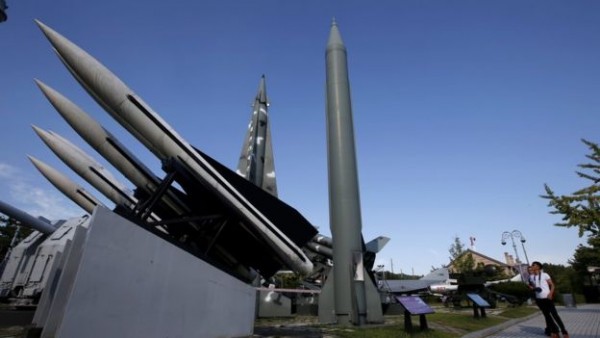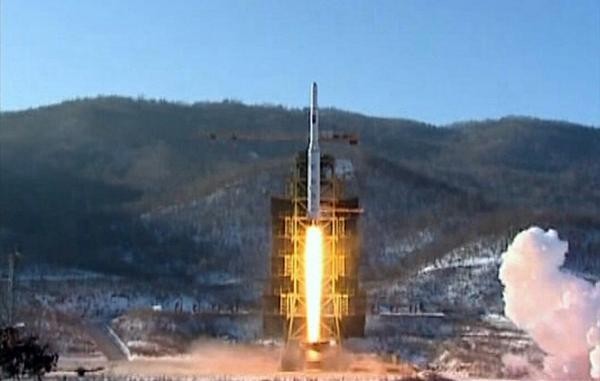
Early this year, the Democratic People’s Republic of Korea, also known as North Korea, announced that it has carried out a nuclear test.
Although this is not the first time North Korea has claimed to have carried out a nuclear test, this latest test was described by the country’s media as a miniaturized hydrogen bomb test—which is very deadly and more dangerous than previous nuclear tests.
North Korea’s nuclear programme has been a source of great concern for the international community for more than 20 years now. Especially for Western superpowers like the United States and the United Kingdom, North Korea is a threat to world peace.
In addition to these concerns from the West, South Korea has shown great concern about North Korea’s latest nuclear test.
The history of this rivalry between these two countries can be traced to June 1950, when an armed conflict broke out between the Communist-backed North Korea, and the Western-backed South Korea. Although the war ended in July 1953, resulting in a military stalemate between the two countries, since then, relations between the two countries have remained hostile.
Observers predict that the two countries might return to war again. Recently, the two countries have focused their efforts on secret military buildups and exercises; as a result, many believe the two countries are preparing for future conflict.
However, before the North had announced that it had carried out these nuclear tests, the South’s president, Park Geun-hye was facing several mass protests over her leadership in the country.
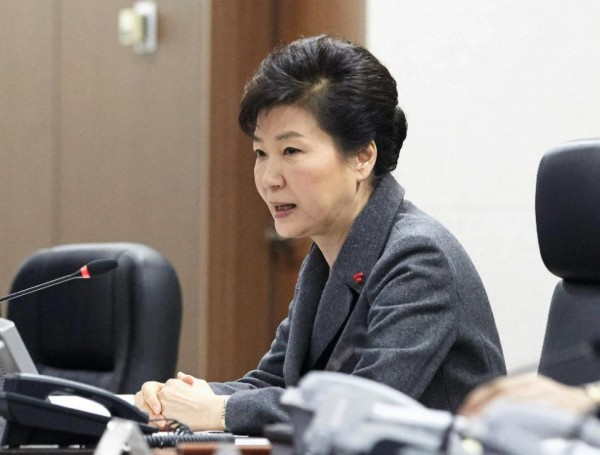
Park’s opponents criticized her leadership style, including her alleged abuse of workers’ rights and her purported submission to Tokyo in a deal meant to end a dispute over Japan’s wartime sexual enslavement of Korean women.
Also, many conservative opposition supporters took to the streets on several occasions before the nuclear test to criticize Park’s policies, and what they saw as her attacks on personal and political freedoms.
For example, there was a strong resistance to a new requirement for schools to use only state-issued history textbooks starting in 2017. According to Park’s critics, this issued requirement is an attempt to whitewash past dictatorships, including that of Park’s father, Park Chung-hee, who ruled South Korea in the 1960s and 1970s. The country’s military dictatorship ended only in the late 1980s, and the divide between left and right remains very deep.
Park also received public criticism for a botched rescue operation during a 2014 ferry disaster that killed more than 300 people, mostly school students, and for the handling of a MERS virus outbreak that killed 38 people late last year.
With all these developments occurring before North Korea’s nuclear test, political commentators have predicted that Park and her ruling party are likely to lose the crucial parliamentary elections this April.
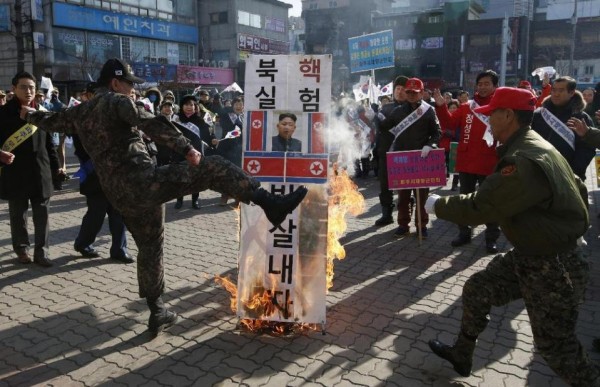
But, according to observers, the recent nuclear test by North Korea has now shifted the attention from Park’s leadership to how South Korea is going to deal with the North.
It is said that shortly after the North’s test, Park put her front-line troops on their highest alert, reportedly moved missiles, artillery and other weapons closer to the border. She also partially banned South Koreans from a jointly run factory park in the North, and allowed huge green speakers along the border to begin broadcasting propaganda messages to the North.
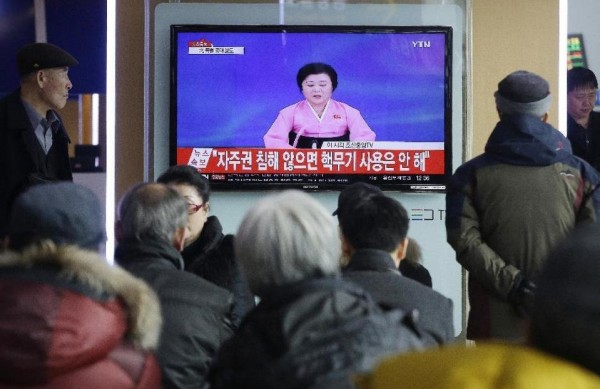
As a result, many South Koreans now respect Park for standing tall in the face of what they see as a provocation from its northern rival. A recent survey showed that Park’s rating has improved since the North conducted the nuclear test.
A professor at Seoul’s Kookmin University, Jang Seung-jin told the Associated Press News Agency, “Conservatives have mustered support temporarily because of this external shock. When the nuclear news calms down, I think her approval rating will dip back to where it was.”
You want to support Anonymous Independent & Investigative News? Please, follow us on Twitter: Follow @AnonymousNewsHQ
This Article (North Korea’s Nuclear Test Is Proving To Be A Gift To South Korea’s President) is free and open source. You have permission to republish this article under a Creative Commons license with attribution to the author and AnonHQ.com


